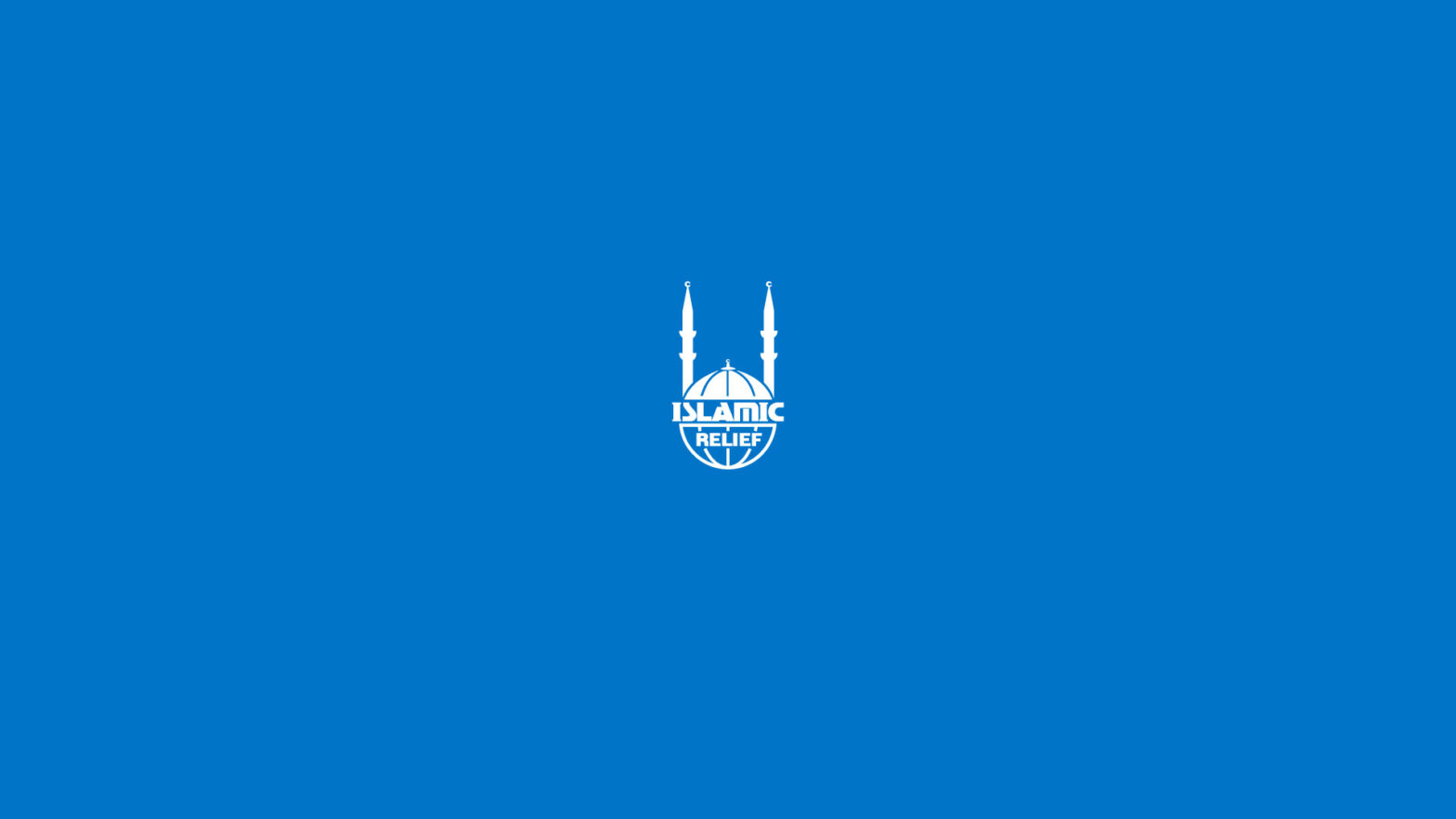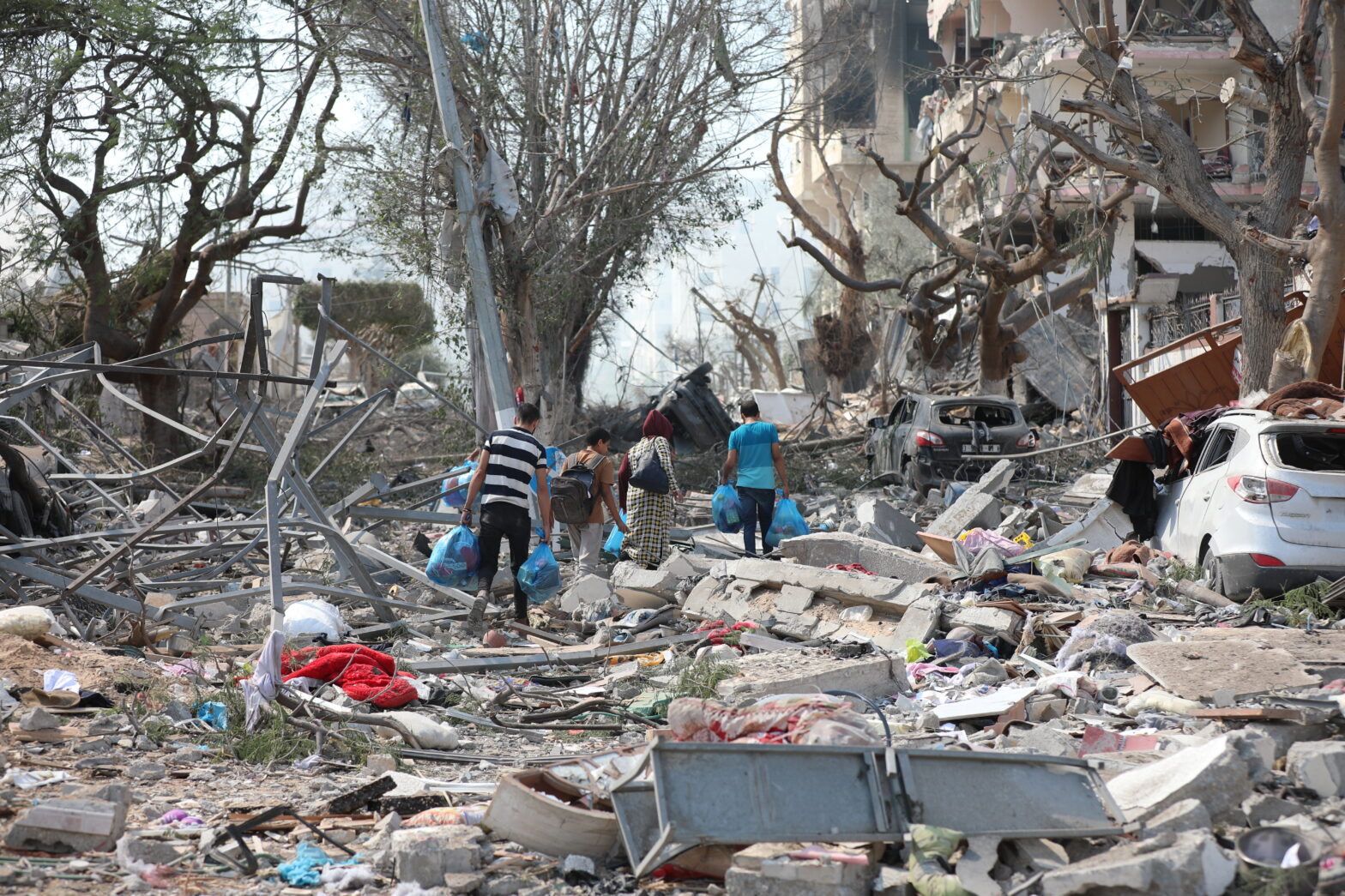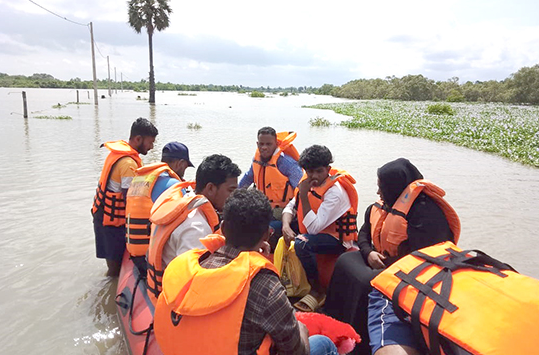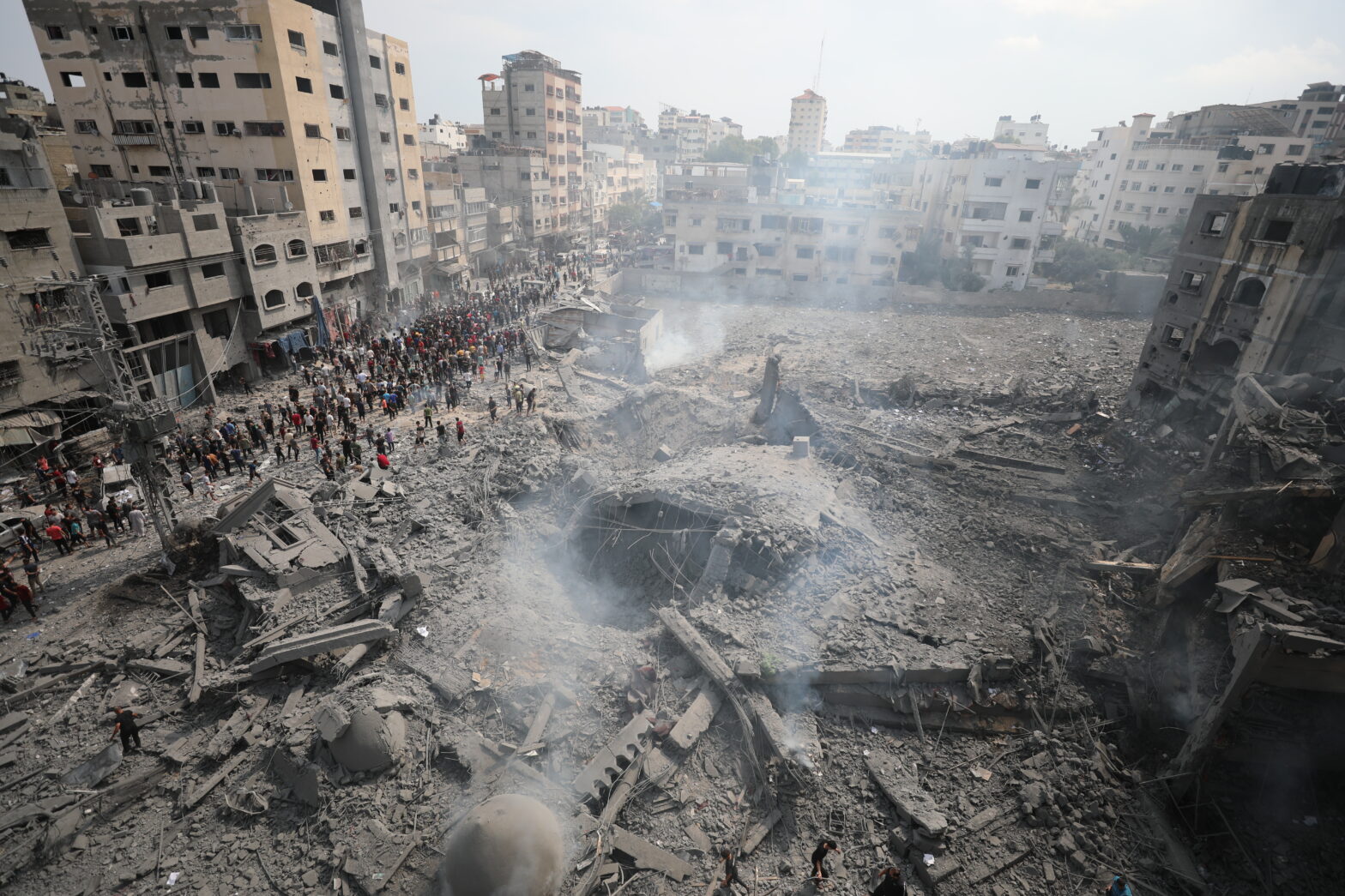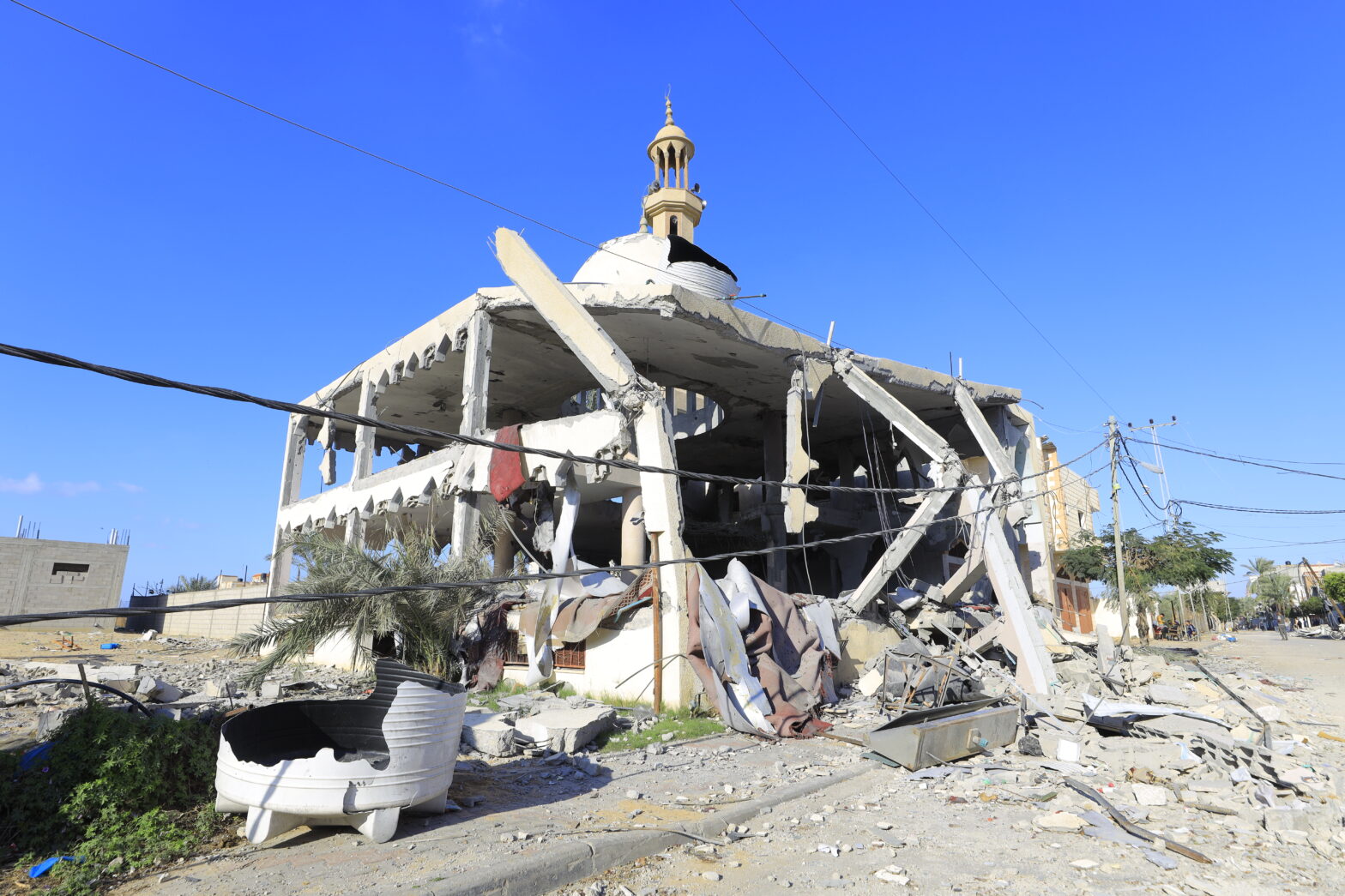Around 1 in every 25 Palestinians in Gaza are now injured or dead, Islamic Relief says as Israel’s bombardment continues unabated.
The latest figures show around 89,000 casualties with more than 25,000 people killed and over 63,000 people injured – with many suffering life-changing injuries such as loss of limbs. Most of the casualties are civilians, including many young children. The figures may be even higher as many bodies are still unaccounted for under the rubble.
Many of the injured are being denied acceptable healthcare, with fewer than half of Gaza’s hospitals now even partially functioning. There are reports of doctors having to amputate children’s arms and legs without anaesthetic because of the critical shortage of drugs and medical supplies. Other people have reportedly bled to death in the streets as they were unable to get treatment.
The combination of heavy bombing, disease and hunger means that the death toll will keep rising unless world leaders act to demand an immediate ceasefire and an end to Israel’s siege.
Hundreds of thousands more people are facing starvation, as local means of food production have been destroyed and nowhere near enough food is being allowed into Gaza. Aid workers are reporting desperate children forced to eat leaves or scraps they find in the street.
With 1.7 million people displaced from their homes – most of them now crammed into tiny parts of southern Gaza – the shelters are becoming death traps where disease is quickly spreading. The severely overcrowded conditions and lack of safe water means that cases of diseases such as jaundice, Hepatitis A and diarrhoea have rocketed, especially among young children. The UN has recorded almost a quarter of a million cases of acute respiratory infections, now affecting one in 10 people across Gaza.
Despite this humanitarian catastrophe the amount of aid getting into Gaza has actually decreased again in recent days, with Israel continuing to enforce restrictions on what is and isn’t allowed in. Most supplies to people in northern Gaza are prevented from being delivered. Around 500 trucks every day used to enter Gaza even before the latest destruction – now the needs are vastly greater, but in January only around 100 trucks a day have been entering and the latest daily total fell to just 66 trucks.
Islamic Relief is delivering daily ready-to-eat meals to people in the shelters and has so far distributed more than 1 million meals, as well as other aid such as hygiene kits and psychosocial support for children – but the enormity of the crisis means that much more is needed.



